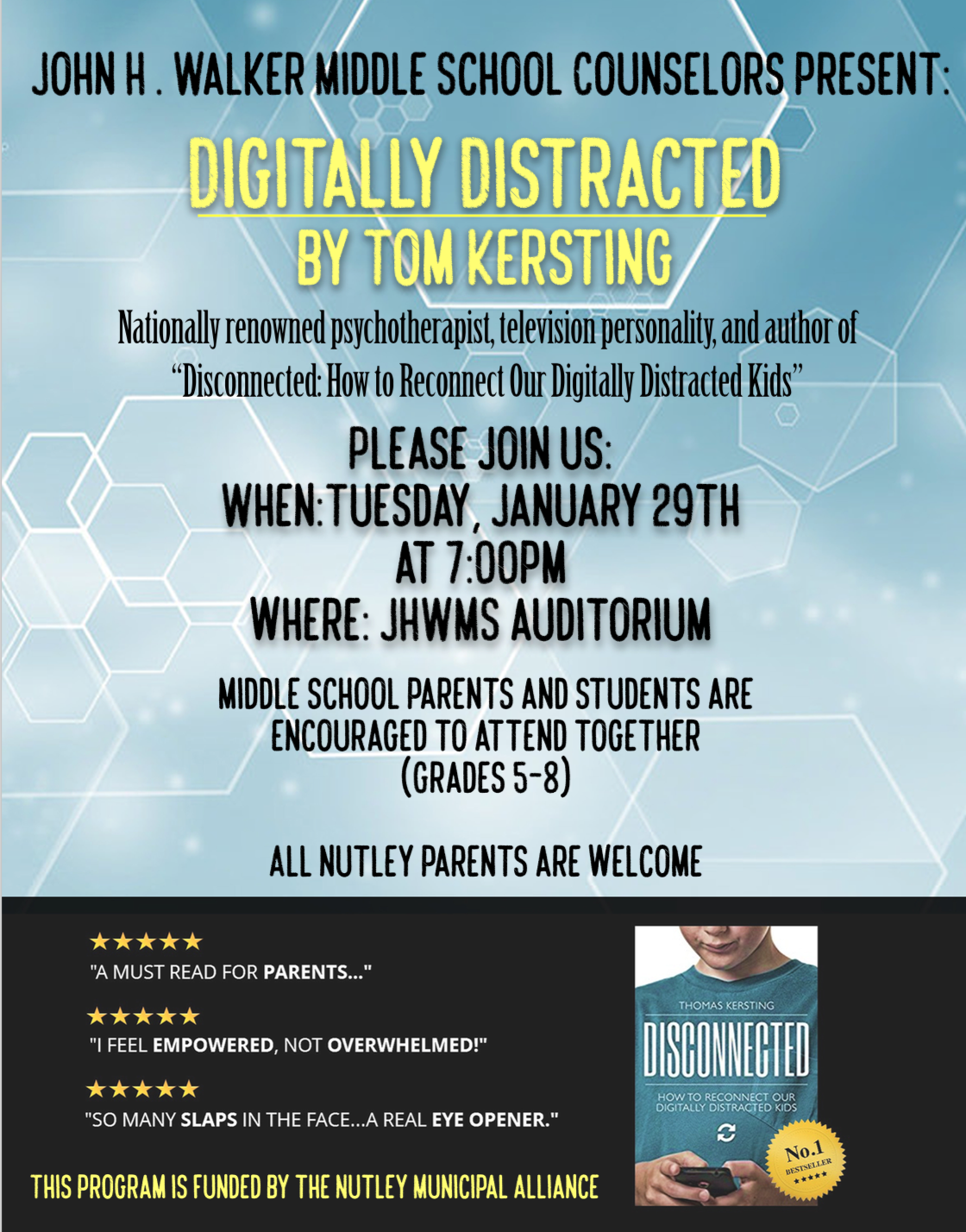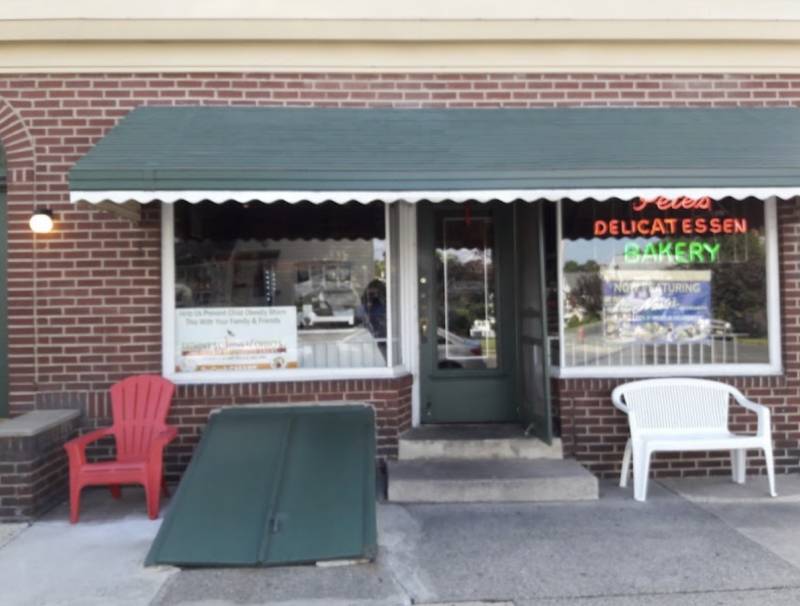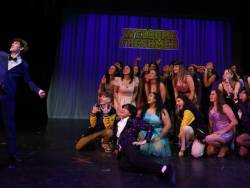Nutley Students are Digitally Distracted
On January 29, 2019, the John H. Walker Middle School counselors will bring in Tom Kersting to present parents and students with his program, Digitally Distracted. This program is directed towards the JHWMS families, but encouraged to everyone in the Nutley district. Mrs. Alisa Gennace, the 7th grade counselor, was offered this program in her son’s school district and, as a counselor, she felt this was perfect for JHWMS. Digitally Distracted is a project, led by Kersting, which attempts to reconnect students with the real world and avoid increased screen time. As school counselors, Mrs. Jill Divilio, Mr. Joseph Capello, and Mrs. Alisa Gennace, have recognized their students’ constant worry about their technology rather than what is going on around them.
Nutley parents’ concern has grown over the years regarding their children being glued to their electronic devices and the counselors of JHWMS feel that Kersting best covers these worries. This program was developed from the book Disconnected: How to Reconnect Our Digitally Distracted Kids, written by Kersting. In the book, he displays how technology is taking over and how parents can prevent this for their children. The counselors expect that Kersting will be able to educate the parents and students of the long term effects of screen time and give suggestions on how to deal with this growing issue. He will present his audience with a Powerpoint with topics that he believes are the most relevant to cover. Divilio hopes that the students will take from the program, “an understanding of the importance of limiting their technology use and reconnecting with their peers and families in a real world setting.”
Most students are unaware of how dangerous their devices can be for them. This problem is not only in the middle school; high school and elementary students are also seen as digitally distracted. “Not only are middle school students distracted by their devices, but we have observed this at the elementary level because students as young as third and fourth grade have phones and use social media accounts such as Instagram,” Divilio explains. She is worried about the future of these students because as they get older this addiction will progressively get worse and students will begin to lose their connection to the real world.
Although Kersting will be speaking to the students and parents for only one night, the counselors hope to provide his lessons and ideas on his behalf throughout the school year so their students are safe, healthy, and not digitally distracted. The counselors hope to convey the message, “that student self-worth is not based upon likes and friends they have on social media.”








